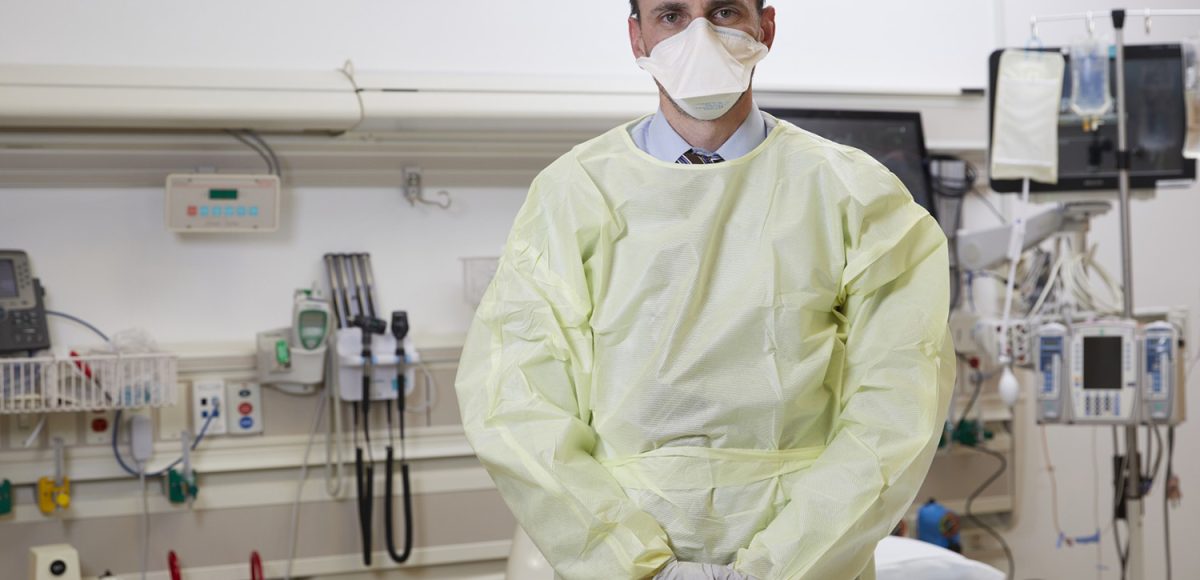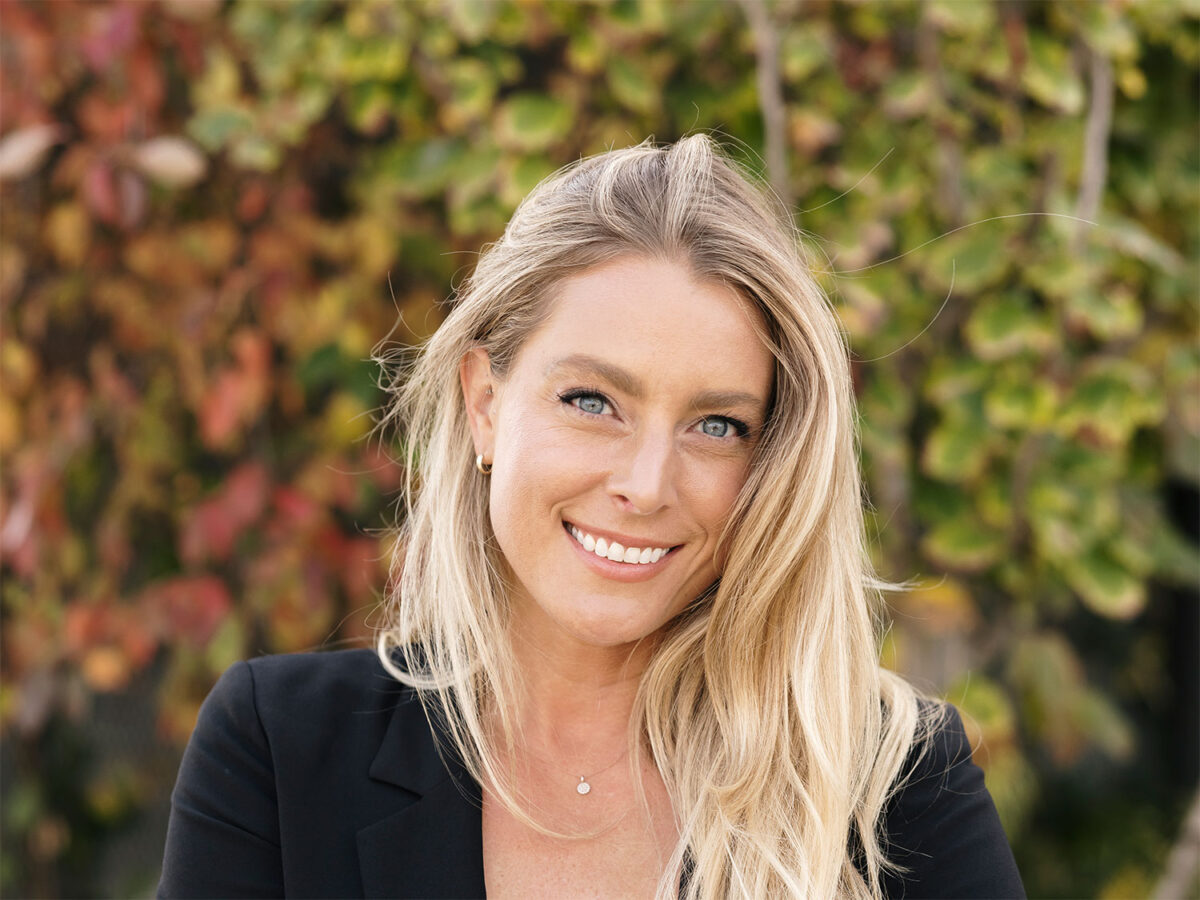The Centers for Disease Control and Prevention (CDC) released new guidelines for those who are fully vaccinated against COVID-19. Despite the temptation, it’s important to not throw out those masks just yet.
“This isn’t an invitation for a free-for-all,” said Michael Ben-Aderet, MD, associate medical director of Hospital Epidemiology at Cedars-Sinai. “The virus is not yet defeated. All of us need to remain vigilant but those who are completely vaccinated can enjoy a bit more freedom.”
This week, the CDC declared it safe for vaccinated people to gather inside in small groups without wearing masks or observing social distancing. Those who are fully vaccinated can also safely participate in small indoor, unmasked gatherings with those who aren’t vaccinated, but considered low risk. For example, vaccinated grandparents can now safely visit grandchildren.
“That’s a big deal,” Ben-Aderet said. “It’s really allowing people to have meaningful connections that they’ve put off for so long.”
These guidelines apply only to people who are fully vaccinated, meaning at least two weeks have passed since receiving the second dose of a two-dose vaccine from Moderna or Pfizer/BioNTech, or a single dose of the Johnson & Johnson vaccine. According to the CDC, the two-week time frame gives the body a chance to build up the full immunity the vaccines provide.
The agency didn’t give specific guidelines regarding what constitutes as a “small gathering.”
However, Ben-Aderet advises that the more important issue is being mindful about who is in attendance.
“It’s really meant to just add to the conversation about risk,” Ben-Aderet said. “We know that if you are a vaccinated person, you are at a very low risk of getting COVID. You are at a very low risk of shedding COVID. But these low risks don’t mean no risk.”
“The whole reason for all of us to get vaccinated is so that we can resume our lives safely, without leading to another surge like what we experienced in December and January,” Ben-Aderet said. “There’s really good evidence that there is a certain degree of safety conferred by the vaccines and there’s no reason people shouldn’t take advantage of that.”
Those who are fully vaccinated still need to wear face coverings, maintain physical distancing, and stay outdoors if they are visiting someone who is immunocompromised, has active cancer, is pregnant, or is part of another group considered at high risk of developing severe COVID-19.
And everyone, vaccinated or not, is still advised to wear a face mask and maintain at least six feet of distance from others when in public, and to avoid large gatherings. CDC travel advisories remain in place.
The CDC issued the guidance in an effort to entice more people to get vaccinated, and to allow those who are vaccinated to begin to resume their normal lives, Ben-Aderet said.
As data comes in that illustrates the efficacy of the vaccination in preventing the spread of COVID-19 in public settings, the overall vaccination rate increases. “This is an important first step,” he said, “but it’s definitely not the final step.”







